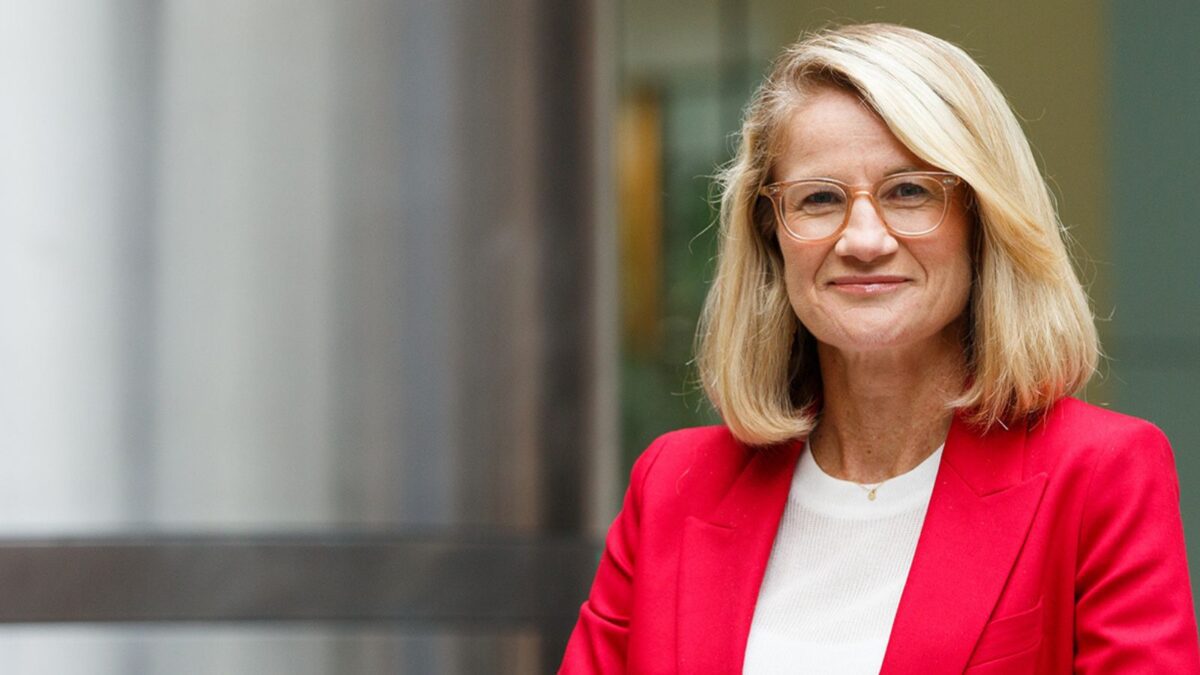‘A force to be reckoned with’: Funds heading for retirement tipping point
The 2023 intergenerational report was a wake-up call for superannuation funds that have spent the last 40-odd years defending their title as the undisputed accumulation champions of the world.
With its assessment that an ageing population would be one of the five major forces shaping Australia’s economy into the 2060s, it gave the clearest indication yet that funds could soon be swamped by a “silver tsunami” that many are as yet ill-prepared to withstand.
“Ultimately, we will be a retirement machine, not a savings machine, and the great majority of funds under management will be in the retirement phase,” Aware Super CEO Deanne Stewart told the ASFA conference on Wednesday. “The savings drawdown will move from 2.4 per cent to 5.6 per cent of GDP. That’s just staggering.”
Over the next 40 years, the number of Australians over 65 will double; those over 85 will triple. There will be a six-fold increase in those aged over 100. Advancements in biomedical technology could see “radical” improvement in life expectancy stretching the average human lifespan to longer than 120 years – something that actuarial tables today can’t account for.
“What will that mean for our portfolios?” Stewart said. “What will that mean for anything that is, for example, defined benefit? These are the things that we have to turn our mind to.”
That challenge is different for different funds. Andrew Lill, former CIO of Rest, pointed out that most of the fund’s members will retire post-2050/60; a million of its two million members are below 30. But that doesn’t mean the need to build retirement solutions for them is any less pressing.
“We’re going to have people living longer in retirement – that means longevity risk is really what you need to focus on in building retirement solutions,” Lill said. “And we’re in an era where we think inflation is here to stay and not going down below 2 per cent… So how’re you going to hedge that, when people’s expenses are going up regularly and they’ll be in the retirement phase longer?”
“We want to build a sustainable and stable income – how do you get that from a combination of investment levers? We have to build the advice framework, and we’d love to think that digital advice is one of the ways to unlock that for the majority of members. And we also need to think about liquidity and aged care solutions.”
But Aware’s average member is 47 – and it’s “not going to take the next 40 years to get to the tipping point”. By 2030, the majority of its members will be transitioning into retirement or will already be there.
“Retirement means so many things to so many people; it’s very, very personal,” Stewart said. “Just within my own extended family I have people who are off travelling or looking after their grandkids, right through to early dementia and brain cancer… Certainly I think grounding ourselves in really deep research about what’s going through members’ minds (is important).
“Some of them are really happy about this moment; others are forced into the moment; others have a real sense of shame and fear. We need to help them navigate this very complex and very personal period.”
That means thinking across four different dimensions. The first is how to get members the best risk-adjusted returns – not just before retirement, but into it, where it’s not (always) as simple as piling into equities and waiting 30 years. The second is customised solutions, while the third centres around help, guidance and education – the “number one thing” members are wanting and needing from their super funds, and which they expect to be delivered proactively. The fourth is “really good service” – the importance of which has been underlined in the last few weeks.
“It is their money,” Stewart said. “And their ability to access it, to do things with it, is really critical. Customer service and member service is really paramount. Members want it frictionless, they want it easy. So dealing with those four components will be really critical as we think about retirement into the future.”











